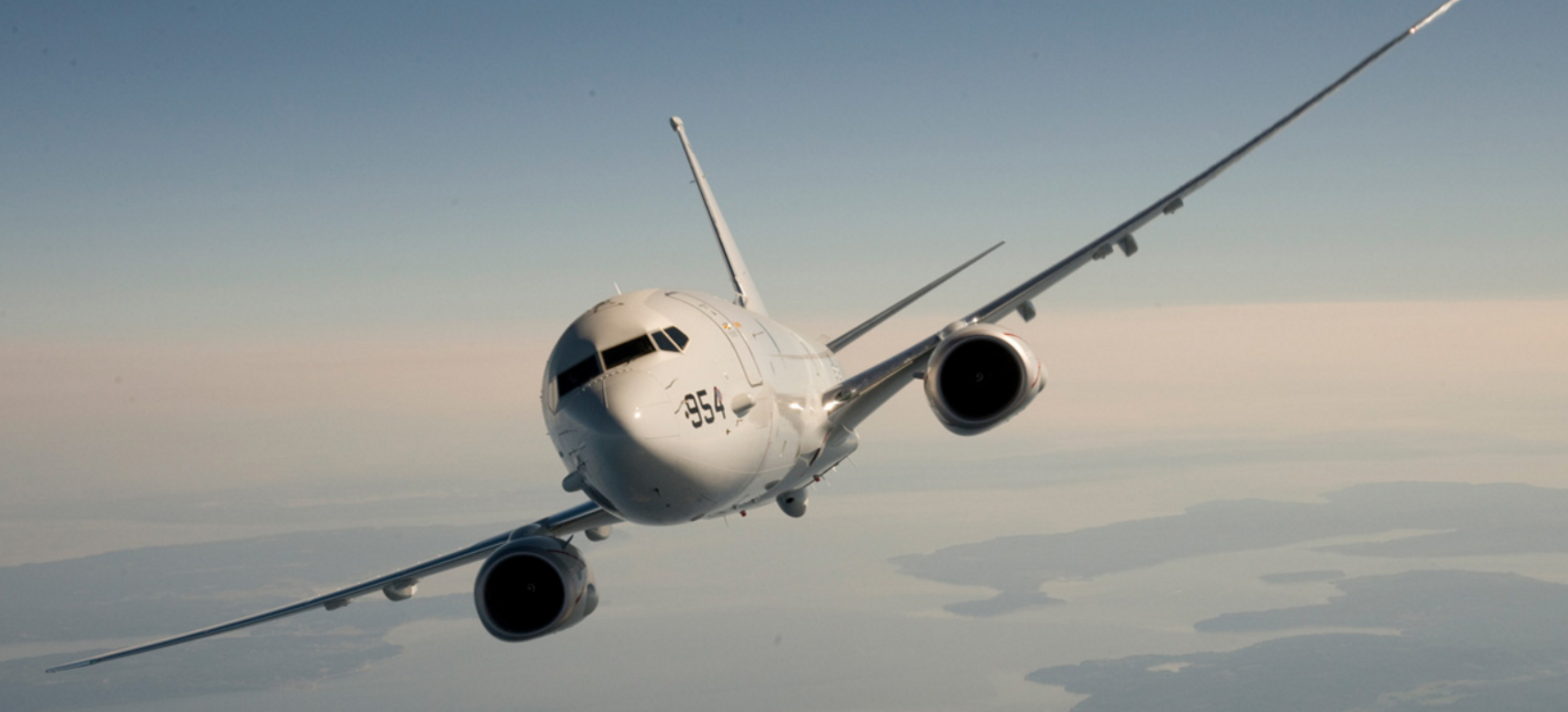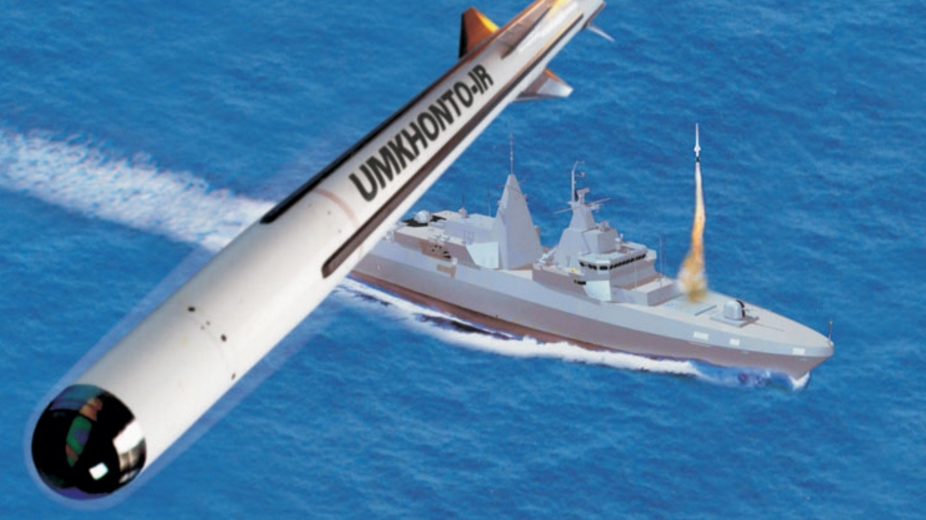2394Views 5Comments

Tata will produce P-8 components for Boeing
Tata Advanced Materials Limited (TAML), a subsidiary of Tata Group, was contracted by Boeing to produce various composite components – namely interior closeout panels – for the aerospace giant’s P-8 Poseidon maritime patrol aircraft (MPA) (Economic Times).
According to IHS Jane’s, the contract was awarded as part of Boeing’s commercial offset commitments to India, which had procured eight P-8i MPAs in a $2.1 billion U.S. contract signed in 2009. This was followed up with another four for $1 billion in July 2016.
As per the Economic Times, TAML is already under contract to produce the P-8’s tail cone and auxiliary power unit door. In effect, TAML is one of Boeing’s global supply chain sources and will provide parts for the company and its first and third party P-8 contracts.
Notes, Comments & Analysis:
This would mark another in an increasingly long list of Boeing’s offset commitments made in India. While the aerospace giant is generally liberal with in terms of taking on commercial offset obligations, it has built very strong relationships in the Indian private sector and – potentially – the Indian armed forces.
Tata Group, in particular, has emerged as one of Boeing’s key local partners in India. For example, TAML’s sister subsidiary Tata Advanced Systems Limited (TASL) is currently constructing a joint production facility with Boeing for the manufacturing of AH-64 Apache fuselages.
As with the P-8i MPAs, not only will this TASL-Boeing factory feed the Indian Army and Indian Air Force’s respective requirements, but it will also serve as a parts source for Boeing’s global Apache supply chain.
The extent to which Boeing taps into its Indian supply base remains to be seen, but the India’s domestic scale and competitive cost environment should position TAML and TASL favourably.
Broadly, commercial offsets tied to big-ticket defence acquisitions have become an essential feature of the Government of India’s efforts to cement India’s long-term economic prospects. While initially reliant on the government to fund activities (via purchases for the armed forces), it is hoped that the partnerships and ventures that emerge from these agreements will generate additional economic activity. This would be done through original vendors, such as Boeing, sourcing parts for third-party users from India.



5 Comments
by FAUJI JAT
In long term India will purchase at least 8 to 12 more P 8I aircraft for maritime patrol and anti sub operation.
by MT
Indian indigenous ASW development is not moving fast. DRDO allocation for R&D are hovering at 3 bill$ which is nt sufficient.
by MT
Tata needs to shed its image of being air frame manufacturer/assembly to mature as serious defence industrial conglomerate.They have steel, software, automobile,chemical,polymer & spend 5 bill$ yearly on R&D with dozens research labs in UK,US & Europe.
Their underlying core strength in this field only lies in material science, composite,alloys. Its time they grow inorganically acquiring some start up from EU/US in aeronautical industry.
They already have many EU/UK stocklisted companies so it must not be hard for them to get hold of Some IP.
These petty offset is not going to augment their capabilities as they can outsource such petty jobs to dozen other small companies in india
by Bilal Khan - Quwa
It might be an issue of risk management. I imagine to build a stronger reputation one would need to be ambitious in their skunk-works programs. If Tata Group were to come up tomorrow with an in-house UAV or VIP jet, the narrative would change. But such programs, especially if done without the funding of the state, are very risky; even if you end up with a functional product, you might not find a domestic buyer. IMO the Indian Gov’t needs to trust the private sector a bit more.
by Sami Shahid
But Pakistan should produce Y-20 heavy transport aircrafts under license….though P-8 is a surveillance aircraft but Pakistan should focus on just P3c Orions.